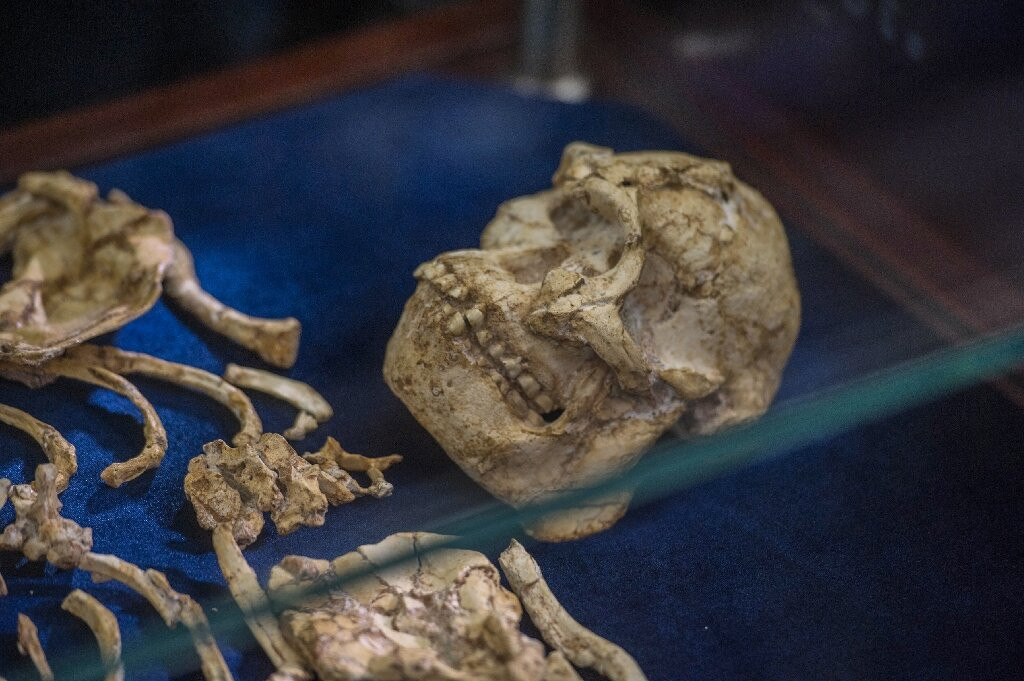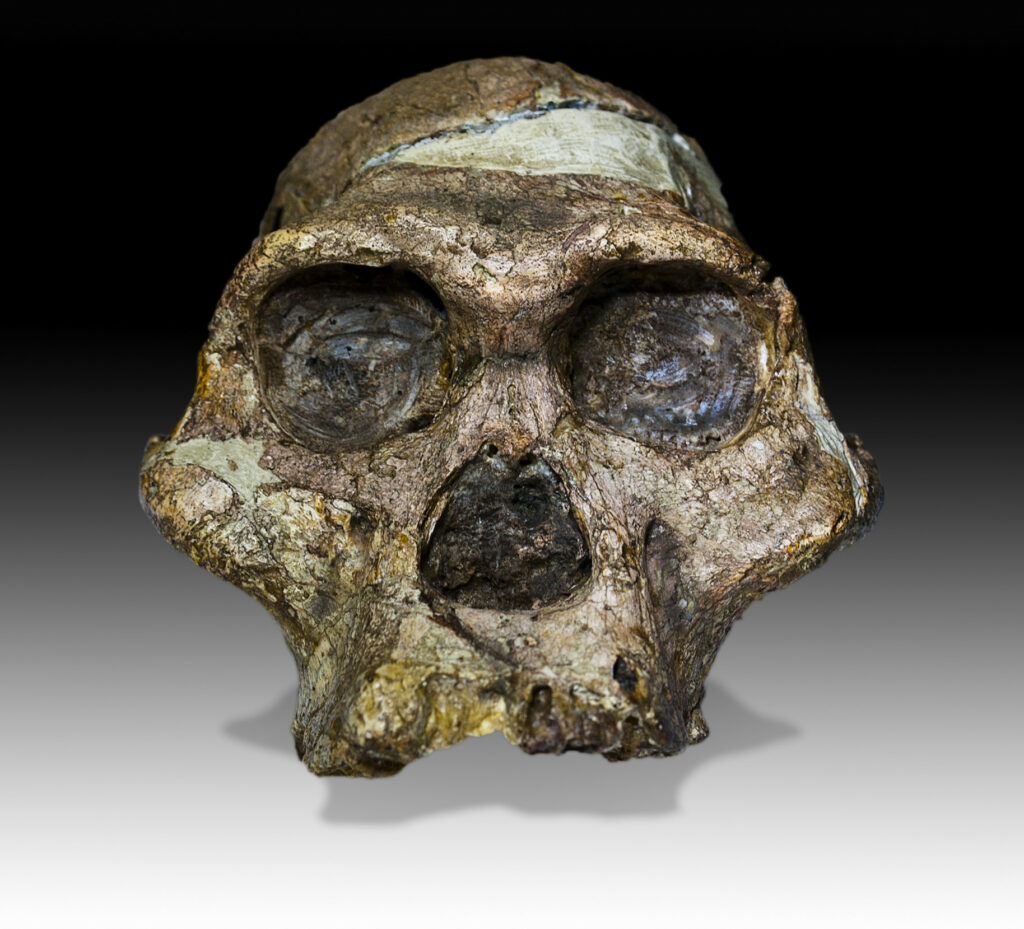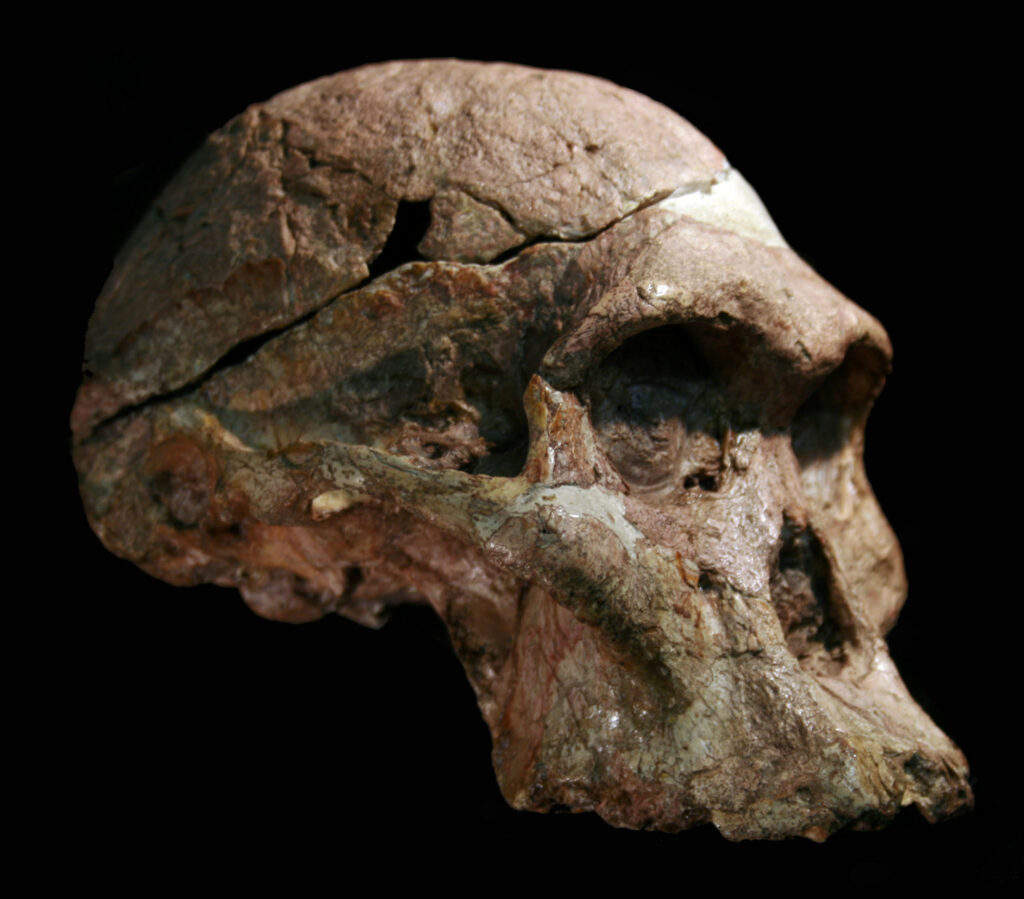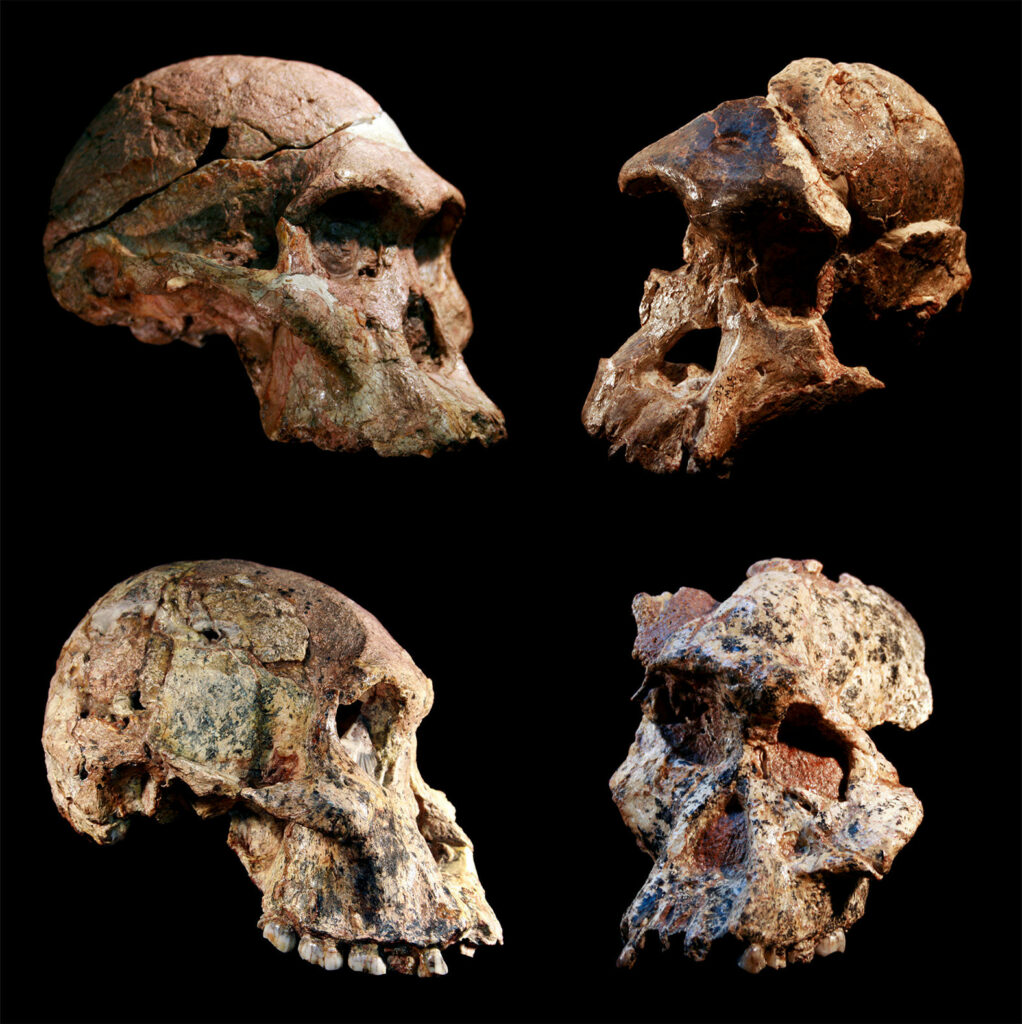Researchers have uncovered ancient human fossils in South Africa’s Sterkfontein Caves that are estimated to be a million years older than previously believed. This finding not only alters our understanding of human origins but also reshapes the entire timeline of our ancestral history.


The Sterkfontein Caves, located about 30 miles northwest of Johannesburg, have long been recognized as a rich source of early human fossils. A research team led by Professor Darryl Granger from Purdue University employed a new dating method using cosmogenic nuclides, allowing them to accurately determine the age of the fossils and the sediment within the cave.

The newly dated Australopithecus fossils are estimated to be between 3.4 and 3.6 million years old, predating the famous Lucy fossil from Ethiopia by a million years. This revelation raises questions about current theories regarding the overlap between Australopithecines and the emergence of the Homo genus, suggesting the existence of an even older common ancestor.

This discovery has sparked renewed discussions about South Africa’s role in human evolution. Professor Dominic Stratford emphasizes that these findings reopen discussions about the influence of South African species on later hominins.

Overall, these discoveries challenge existing theories and open up exciting new avenues for research into the story of human origins.
Video

